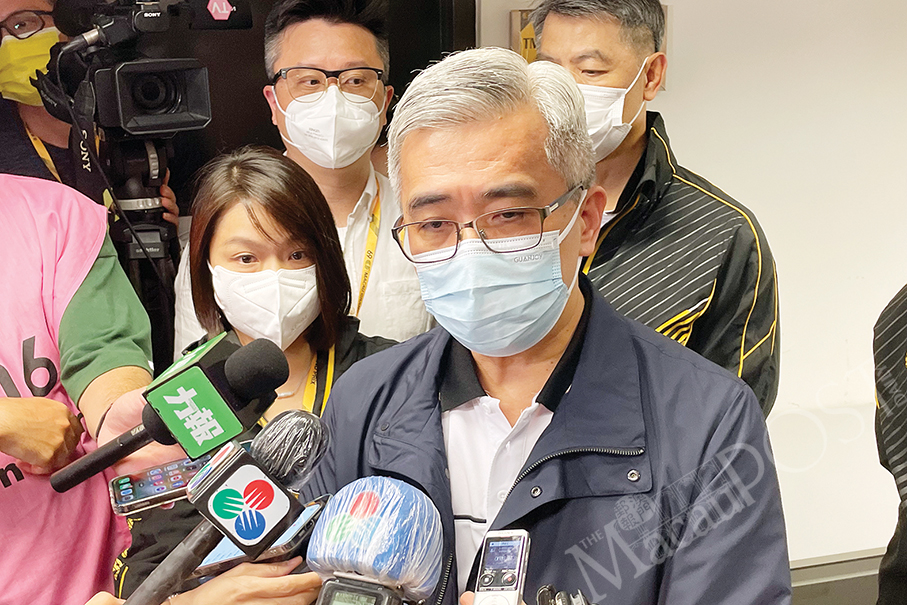HANGZHOU – “Which is more disgusting? Finding a dead rat in the kitchen or being forced to sit next to someone smelly with greasy hair on the subway?” These whimsical ques- tions won Val Curtis and Micheal de Barra – scientists from the London SchoolofHygiene&TropicalMedi- cine, and Brunel University London – the Pineapple Science Award for bi- ology given in Hangzhou on Sunday.
The two scientists created a “nausea scale” on which partici- pants were asked to rate 72 items on a scale of 0 to 100.
“Our analysis shows there is a clear correlation between distaste- ful things and the risk of getting in- fected. This work would play a key role in health policy and is backed by a strong theory of evolutionary biology,” said Micheal de Barra. Apart from their findings, the disappearing cycle of office tea- spoons, a hygienic approach to sep- arating couples... a set of interesting and serious scientific studies won the Pineapple Awards.
China’s equivalent of the Ig Nobel Prizes, the US parody of the Nobel, the Pineapple Awards honor the spirit of curiosity behind amusing and amazing experiments. It is given in fields including psychology, physics, and biology. All entries must have been published in recognized academic journals or presented at conferences.
These prize-winning studies may seem funny but involve serious scientific pursuits.
An international team of scien- tists from Norway, Netherlands, and Spain found urea helps set concrete.
Therefore, the most economical way to build a base on the moon is to use local materials and use urine to solidify cement. The research won the Fantasy Prize.
“We tried to make a building ma- terial with ingredients that could be found on the moon, and I’m glad we succeeded. There is very little water onthemoon,andureaisagoodplas- ticizer hiding in the human body,” said Prof. Anna-Lena Kjoniksen of Ostfold University College.
David Carrier, a biologist at the University of Utah in the United States, was among those who took inspiration from Darwin’s theory of evolution and won the physics prize for his work on “men with beards are more resistant to beating.”
“Our results show beards are not only a way of showing attractiveness, but providing effective protection, weakening blunt strikes and spread- ing shocks, so men’s long beards are more likely to be the result of natural selection,” Carrier said.
In addition, researchers from the Burnet Institute in Australia won the mathematics prize for ex- ploring “the mystery of the disap- pearing cycle of office teaspoons.” Researchers from McGill Univer- sity in Canada won the psychology prize for their “hygienic approach to breaking up couples.”
Founded in 2012, the Pineap- ple Awards are now in their ninth year. Over the past eight years, the awards were given to dozens of fun- ny studies like “counting money can reduce pain,” “how much urine is in a pool,” and “why mosquitoes don’t get killed in raindrops.”
“Being interesting is one of the most important criteria for a Pineapple science prize, but only if the winners are real scientists whose research has been published in a regular journal or at an academic conference,” said Li Ruihong, founder of the Pineapple Science Prize. “This award wants to send a message that science is not just about high-tech projects.”
“Personally, I appreciate the spirit behindthisaward,”saidZhouXinyue, professor at Zhejiang University. “Cu- riosity and passion are the driving forces behind a lot of research.”
“Doing science requires innovation and communicating science also requires innovation, and I think the Pineapple Science Award is a good way of stimulating young people’s interest in science,” said David G. Evans, professor at Beijing University of Chemical Technology and presenter of the 2020 Pineapple Awards. – Xinhua







